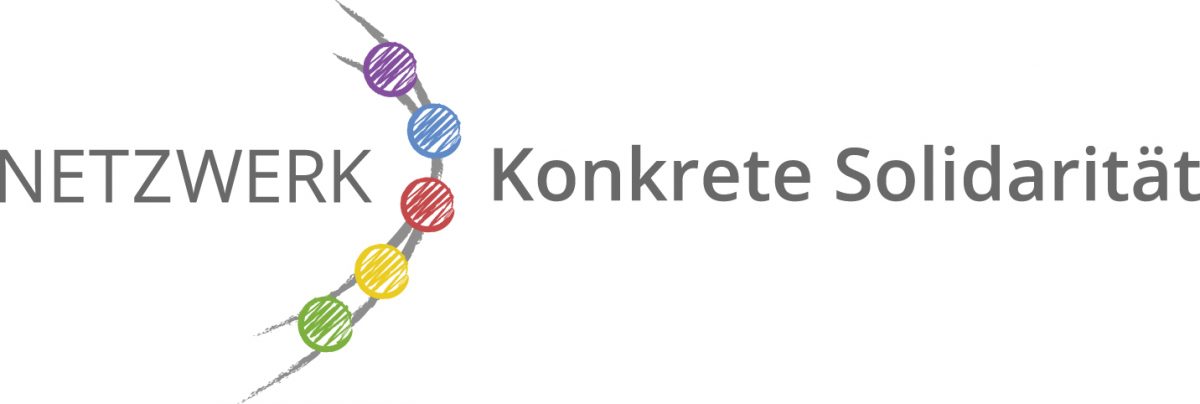The verb „sein“ (to be) The verb „sein“ to be can have three different complements: 1. situative complement: Ich bin […]
Teachers on the road
The verb haben (acc.) (engl. to have) abbrevations used here: acc. : accusative complement/case; nom.: nominative complement/case; m: masculine; f: […]
The modal verb müssen The verb „müssen“ is a modal verb indicating that someone has to do something. ATTENTION! „müssen“ […]
More important Verbs with examples – Weitere wichtige Verben mit Beispielen: helfen (dat.) – to help gehören (dat.) – to […]
Kinds of questions Like in other languages, there are questions you can answer with „JA“ or „NEIN“ and others where […]
The question WO? and verbs with situative complement abbrevations used here: sit. – situative complement PREP – PREPOSITION nom. – […]
Some temporal adverbs & examples: nie – never Er geht nie ins Kino. – He never goes to the cinema. […]
Answering Positive and Negative Questions If you answer a POSITIVE QUESTION, you answer with JA or NEIN: A. POSITIVE QUESTION […]
Five important verbs & examples nehmen (+acc) (to take) Wir nehmen ein Taxi(n). = We take a taxi Wir nehmen […]
Saying hello / Hallo sagen, informal/formal style Informal Style: Peter: „Hallo Maria, wie geht’s dir?“ Maria: „Mir geht’s gut, danke! […]

